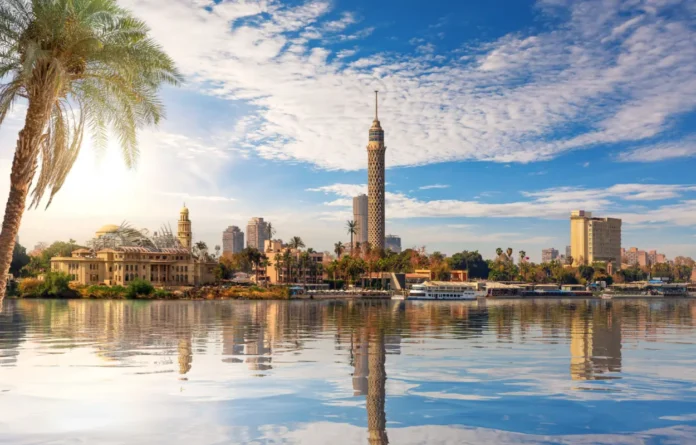In a recent effort to de-escalate tensions in the Middle East, Hamas has indicated its readiness to engage in ceasefire talks by dispatching a delegation to Cairo. This move comes at a critical juncture in the region’s ongoing crisis and underscores the urgency of seeking diplomatic solutions to mitigate the conflict. The discussions are poised to address not only the cessation of hostilities but also the sensitive matter of hostages currently held in Gaza. The convergence of this initiative with the arrival of US CIA Director William Burns in Cairo suggests a possible coordination of efforts to achieve stability in the region.
The involvement of Egyptian mediators is a testament to Egypt’s longstanding role as a key intermediary in Middle Eastern affairs, particularly in facilitating dialogue between conflicting parties. The engagement of high-level Hamas officials with potential CIA representatives, under the auspices of Egyptian mediation, could signal a significant step forward in the quest for peace. While details regarding the format and agenda of these talks are not yet fully disclosed, the international community watches closely, hopeful that this development may lead to a reduction in violence and progress towards a sustainable resolution.
The situation remains fluid, and the outcomes of these talks are far from certain. Nonetheless, the willingness of Hamas to enter into negotiations is a positive indication that there may be opportunities for de-escalation. It is imperative that all parties involved approach these discussions with flexibility and a genuine commitment to peace, recognizing that the stakes are high not only for the immediate parties involved but for regional stability at large.
“Egypt’s Diplomatic Efforts to Revitalize Negotiations: A Strategic Move”
The ongoing ceasefire negotiations between Israel and Hamas have proven to be a complex and delicate process, with both parties maintaining staunchly opposing positions. Israel’s firm objective is to eliminate the influence and military capabilities of Hamas, which it deems a terrorist organization. Conversely, Hamas is insistent on a permanent ceasefire agreement coupled with a full withdrawal of Israeli forces from Gaza, a demand that Israel finds unacceptable given its security concerns.
In the light of these persistent tensions, Egypt has stepped in with an attempt to mediate and rejuvenate the stalemated discussions. Late last month, Egypt’s efforts to resume dialogue underscored the critical role it plays as a regional mediator. The urgency of Egypt’s initiative is significantly heightened by the threat of an Israeli ground incursion into Rafah, located in southern Gaza. Such military action could lead to severe humanitarian consequences and destabilize the already volatile region.
Cairo’s concerns are not unfounded; Rafah’s proximity to the Egyptian Sinai Peninsula means that any escalation of conflict could spill over the border, potentially endangering Egyptian security and exacerbating the refugee crisis. Moreover, with over a million people seeking refuge near this area, the humanitarian impact would be substantial, increasing the potential for international condemnation and further isolation of Israel.
Egypt’s diplomatic engagement is seen as a crucial step towards averting a broader conflict. By fostering dialogue and seeking a compromise, Egypt hopes to bridge the seemingly irreconcilable demands of both Israel and Hamas. The international community is closely monitoring these efforts, recognizing that without a sustainable solution to this protracted conflict, peace in the region remains an elusive goal.


